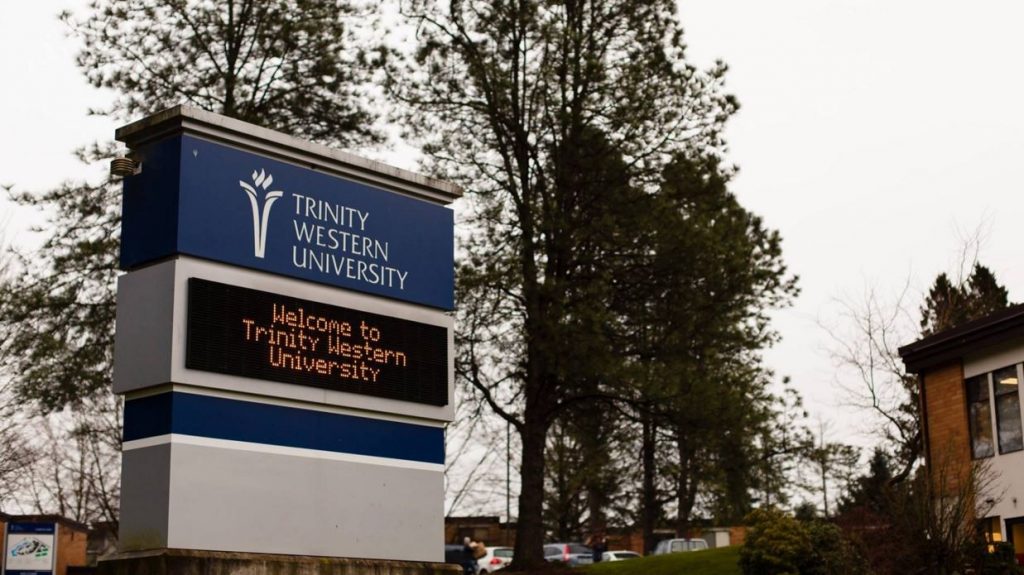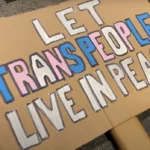Blog Post
In Trinity case, Canada’s Supreme Court strikes religious liberty a devastating blow
By Jonathon Van Maren
June 18, 2018 (LifeSiteNews) – On Friday, June 15, the Supreme Court of Canada threw out a quarter-century of legal precedent on religious liberty by deciding, by a margin of 7-2, that it was “proportionate and reasonable” for the law societies of British Columbia and Ontario to refuse accreditation to any law students coming from Trinity Western University due to TWU’s much-maligned “community covenant.” The covenant, which students who choose to attend Trinity agree to, is a lifestyle policy that asks students to adhere to biblical codes of conduct, including the restriction of sexual activity to heterosexual marriage.
It was this covenant—again, a code of conduct for a small, privately-funded evangelical university that nobody has to attend if they don’t want to—that led law societies to claim that students coming from a TWU law school would not be able to escape their particular bias, and thus should not be accredited. Their presumption, apparently, is that people who have a specific set of religious beliefs are incapable of also reading the law as it is written, and that only those who heartily endorse every jot and tittle of what is legally permitted can function as lawyers. Ironically, the Court even managed to claim that their decision was being made as a nod to diversity, when their decision actually struck a devastating blow to diversity in the public square.
In fact, Chris Selley, a rather crotchety atheist over at the National Post, said as much in a column where he noted that the decision instead struck a blow to religious liberty and overturned decades of legal consensus. “The Supreme Court of Canada struck a brave blow on Friday for LGBTQ students who would be compelled to attend a proposed law school at Trinity Western University,” he wrote, “a small, private, evangelical Christian school in Langley, B.C., whose ‘community covenant’ prohibits sexual relations except among married men and women. That is to say, they struck a blow for nobody.”
Further, Selley noted, every single justice who ruled against Trinity admitted that TWU’s religious freedoms were being violated, but brushed that fact off as justified, citing the never-defined, vague concept of “charter values” as justification—an extraordinarily dangerous precedent that will surely be used by others to silence those they disagree with in the future. They dismissed the violation of religious liberty as one of “minor significance,” something strongly rebutted in a blistering dissent written by justices Suzanne Cote and Russell Brown.
“The state and state actors (like the law societies)—not private institutions like TWU—are constitutionally bound to accommodate difference in order to foster pluralism is public life,” the dissenting justices wrote. “Equating approval (of Trinity Law) to condonation (of the covenant) turns the protective shield of the Charter into a sword by effectively imposing Charter obligations on private actors.” Further, they noted, the idea of “charter values”—again, an undefined concept—is “entirely the product of idiosyncrasies of the judicial mind that pronounces them to be so.” In other words? “Charter values” will be used to silence and censure whichever group that a judge decides is deserving of such treatment.
READ THE REST OF THIS COLUMN AT LIFESITENEWS.COM








